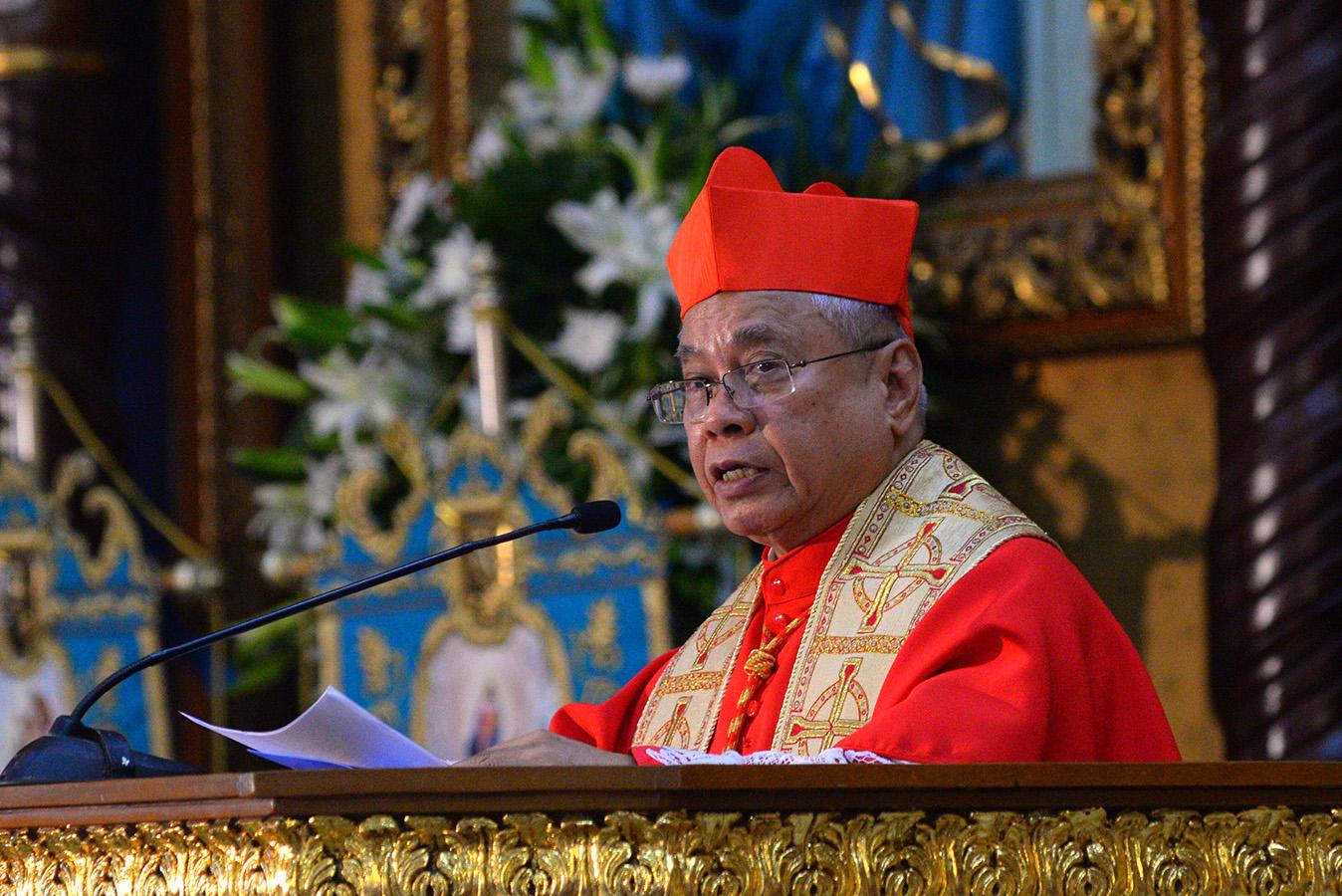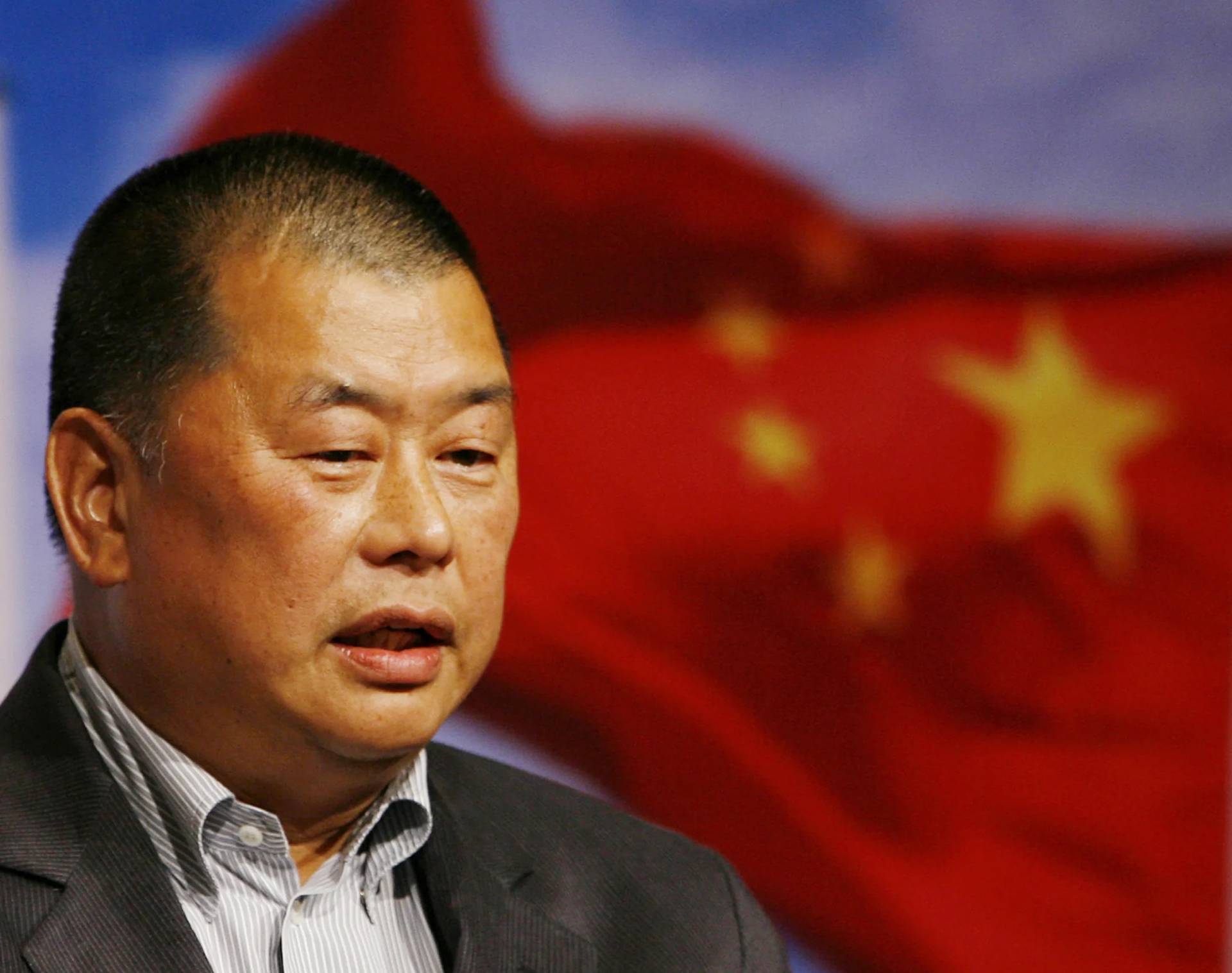MANILA, Philippines – The first cardinal from the southern Philippines has decried what he describes as continued injustice against Muslim Filipinos who dominate part of this island group, which, for decades, has been stricken by poverty and war.
Cardinal Orlando Quevedo, 86, placed Muslims in Mindanao in the spotlight as he received a prestigious peace award from the Philippine government.
Mindanao is home to an autonomous Muslim region, the Bangsamoro, composed of 5.69 million Filipinos. Unlike in the rest of predominantly Catholic Philippines, Muslims comprise around 91 percent of the region’s population.
“Some 20 years ago, I spoke of the roots of conflict in the Bangsamoro as a historic triple injustice, a phrase that still resonates today,” Quevedo while receiving the award from the Office of the Presidential Adviser on Peace, Reconciliation, and Unity.
“These injustices are not abstract,” Quevedo said. “They are lived realities that shape generations.”
In the Philippine Catholic Church, no one is a more credible voice on the topic than Quevedo, a religious leader revered by Mindanao’s Catholics and Muslims alike.
The former archbishop of Cotabato, in Mindanao, from 1998 until his retirement in 2018 at the age of 79, Quevedo is a priest of the Oblates of Mary Immaculate (OMI), a 209-year-old congregation known for its work in Mindanao.
A graduate of the Jesuit-run San Jose Seminary, Quevedo is considered one of the most sophisticated thinkers in the Catholic Bishops’ Conference in the Philippines. He’s a former president of the conference, steering it during the tumultuous term of former Philippine President Joseph Estrada, who was ousted in a Church-backed uprising in 2001.
It was his intellectual heft, mixed with his pastoral experience as an OMI missionary, that led to Quevedo’s rise in the Church hierarchy.
In 2014, Pope Francis named him the first cardinal from Mindanao, a break from the tradition that pontiffs appointed cardinals only from Manila and Cebu. It was a testament to Francis’ outreach to the world’s peripheries and his special concern for Mindanao.
Quevedo, as just the eighth Filipino cardinal, has always made sure Mindanao was well-represented while he wore his red hat.
At the Sept. 30 award ceremony, Quevedo diagnosed the problem of injustice against the Moro, the ethnic name given to the southern Philippines’ Muslim population.
Quevedo said one can trace its origins to the Spanish colonial years, from the 16th to 19th century, a prejudice which intensified in the early 20th century when the Philippines was an American colony. It was under colonial rule that Moros gradually lost their territory in Mindanao, the cardinal said, which historians say has led to conflicts over land.
“Hence, I identify a triple injustice, namely injustice to Moro identity, as Moros were absorbed into the mainstream Filipino society; injustice to Moro political power as they lost their hegemony in Mindanao; and injustice to Moro self-determination, as they became part of a centralized national government,” Quevedo said.
He noted that a peace deal in 2014, and a law establishing an autonomous Bangsamoro region in 2018, “substantially addressed” these injustices.
“The establishment of the Bangsamoro Autonomous Region in Muslim Mindanao, though covering only a portion of southern Mindanao, governed by its own parliamentary system, is a historic response to these three injustices. But still much remains to be done,” the cardinal said, noting modern-day challenges in keeping the peace.
“These are reminders that peace is not only the successful implementation of agreements and laws. Peace is deeper than handshakes or written words. It is born in the heart. It is the presence of mutual trust, respect, and understanding,” Quevedo said.
In receiving his award from the Philippine government, Quevedo looked back at his roots as an OMI missionary, having “walked alongside communities in Mindanao and Sulu for decades.”
“Our charism as Oblates of Mary Immaculate calls us to serve the poor and abandoned, and in this land, that mission has meant walking the path of peace. This award also honors the countless individuals — Muslim, Christians, and Lumad (indigenous people) — who have labored quietly for peace,” Quevedo said.
“My dear friends, let us continue to build bridges not just between communities but between hearts. For only together can we truly walk the path of kapayapaan (peace),” the Filipino cardinal said.












